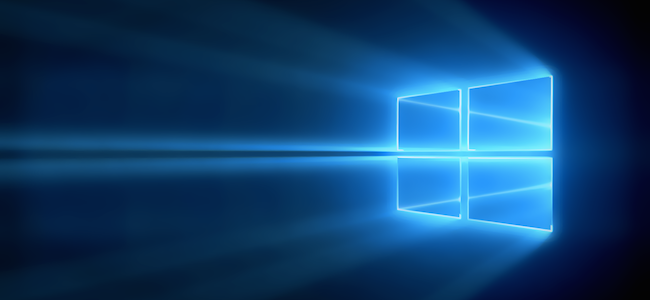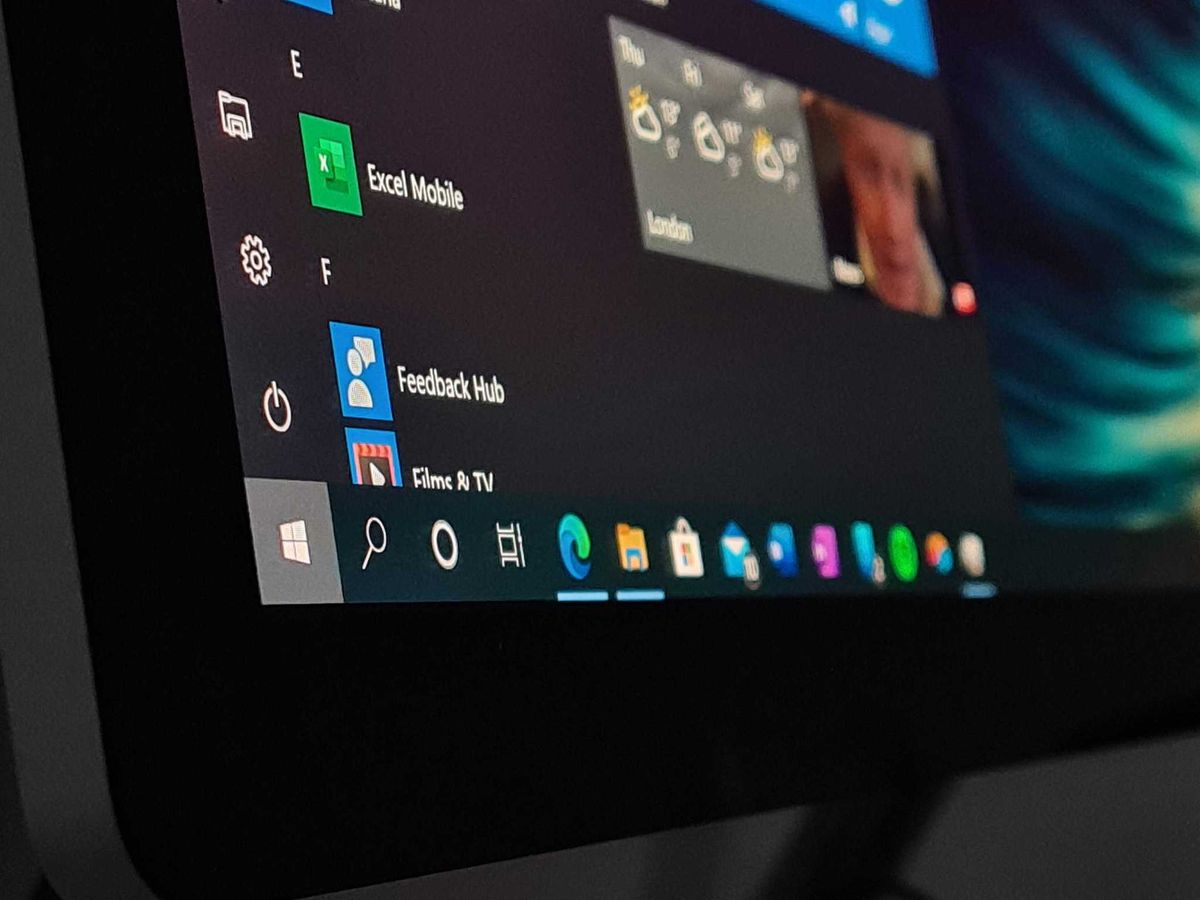- Aug 12, 2015
- 1,474
Depends on the region, in Europe it might be monopoly, but in the US it isn't because of Apple.Microsoft is still a monopoly and is regularly targeted by regulators and other software publishers for its monopolistic behaviors, operations and policies.
No. Microsoft doesn't provide free web variant of Office because they are a monopoly. They provide it so people would get hooked and pay subscription for Microsoft 365. None of the companies offer their products for free because they have to. It's all a trick to get you to buy their product. Pure marketing strategy.That is why Microsoft provides the browser-based web application for free. There is no economic incentive for Microsoft to replicate the free web application as a feature-limited desktop version. For decades it provided WordPad for free. It met the needs of most people, and yet they paid for the standalone Office version for features they would never use.
More often than not, people have used the piracy hacks to activate Office or purchased cheap license keys.
Office and Microsoft 365 are the standard today because Microsoft shrewdly got governments, public institutions, and corporations to adopt it. Only Microsoft has provided the large scale support solutions to maintain the product within those environments. Now they are often a requirement and this is how Microsoft came to be able to hold the world hostage with its productivity apps.
Why is Microsoft Office standard today? Few reasons; but most important is, it was the first office suite created and Microsoft was the only company that could sell that software to the masses. OpenOffice, LibreOffice and all Microsoft's competitors came way too late and by that time, they were lacking in features and weren't compatible with the format already used by the millions. For the same reasons Windows Phone was doomed from the start; you had two mobile platforms that were used by the people and no one had desire to use the third one and start learning the new OS again, with the lack of apps.
Yeah... that's not happening for at least two reasons.You will be really unhappy when Microsoft eventually makes all of its software products subscription-based. Windows OS will require a subscription before the next 20 years ends. And it can do that without getting into any trouble with regulators.
People here can state that subscription-based Windows Home is never going to happen. Oh, but it is.
1. Microsoft would lose massive amount of market share. People would just start using Linux because home users aren't willing to pay for the operating system.
2. Microsoft tried so hard to stop people from pirating Windows and Office; and they did it by giving everyone Windows for free and releasing a free web version of Office. They not only gave Windows for free to users with legal license key, they gave it to everyone, including the pirates.
Unactivated Windows now barely have any limitations and are fully functional. They adopted ads and sponsored apps in the OS which is how they make money; that allows you to use Windows for free. This is also the reason why Microsoft doesn't care if you use MAS or pirate KMS servers for activation; because they make money on you anyway.
Yes, they still sell Windows, but Microsoft isn't expecting you to buy it. The only reason why it isn't completely free is so they can charge OEMs and businesses for license, because both need to have legally activated software. Beside, Windows isn't the main product of Microsoft anymore. The focus shifted on business products such as Azure and Cloud. This is where Microsoft makes the majority of money.
If they ever make Windows as a subscription, it will be only for business users. Not for home users because it doesn't make sense. Unless they want Windows to be doomed on the home market, but I doubt that's the case.
Last edited:




